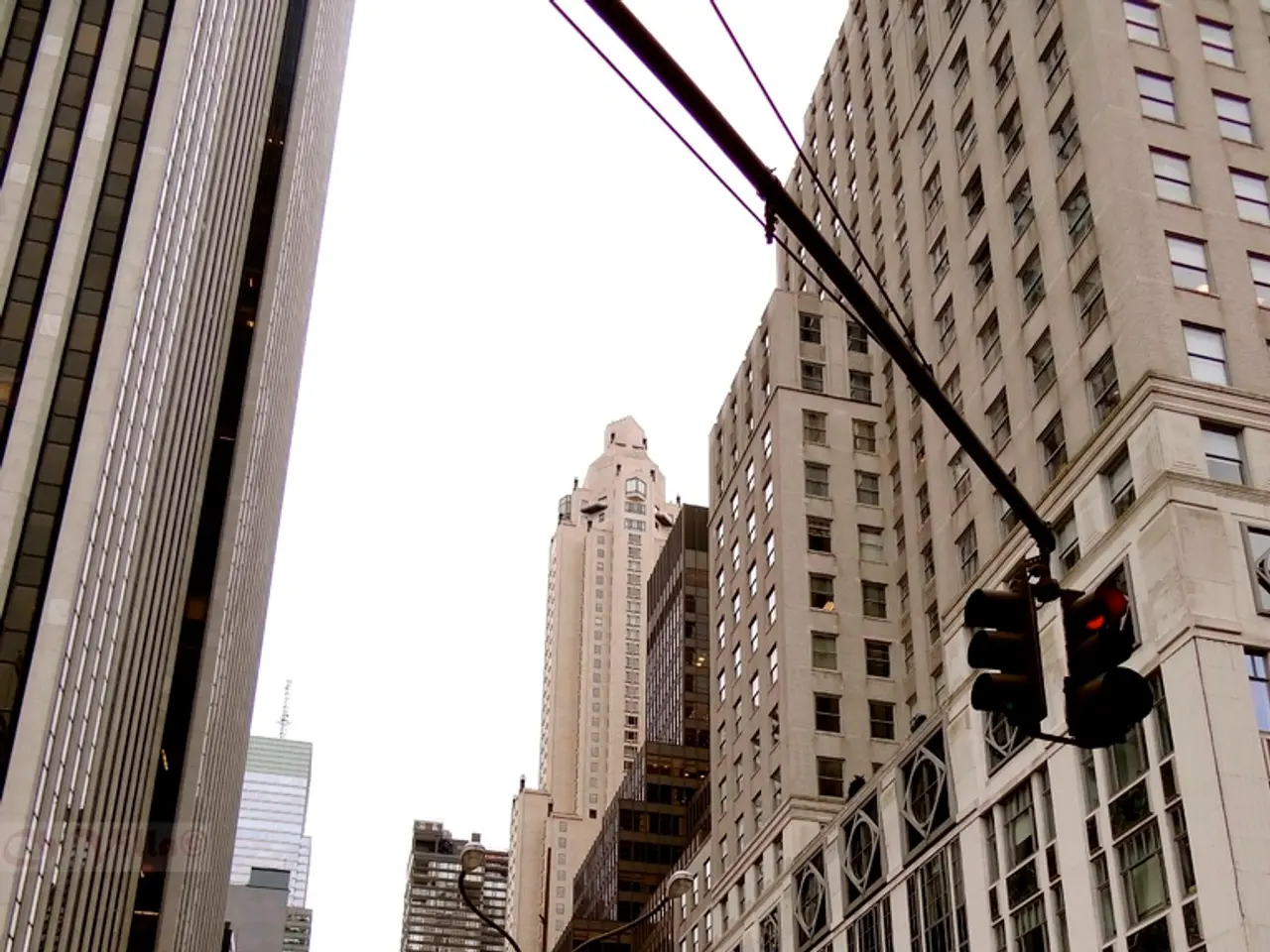EU Urged to Revise GDPR for IoT Data Reuse to Lead in Internet of Things
The EU is urged to revise the GDPR to boost data reuse for Internet of Things (IoT) purposes, as Europe could lead in this field with the right actions. Over €160 million was invested in IoT and smart city pilots in 2016, demonstrating the EU's commitment.
To overcome adoption barriers, energy firms should be compelled to provide smart meters and contactless payments encouraged. The Netherlands' national IoT strategy, featuring extensive NB-IoT and LTE-M networks, has achieved success in public services and industries.
EU policymakers must balance solving market failures, such as the collective action and chicken-and-egg problems, with avoiding excessive regulation. The 'penguin effect' also poses a challenge. The EU's Free Flow of Data Initiative aims to reduce IoT costs by banning data localization laws. However, the GDPR currently hinders data experimentation in the IoT, stifling innovation.
Revising the GDPR to allow more data reuse for IoT purposes, encouraging member states to create national IoT strategies, and compelling energy firms to supply smart meters can help Europe lead in the IoT. Balancing market failure solutions with regulation is crucial to unlock the full potential of this technology.
Read also:
- Revised Bonus Écologique Boosts French EV Market Share to 63.97%
- Ford Discontinues Popular Top-Seller in Staggering Shift, Labeled as a "Model T Event"
- 2025 Witnesses a 27% Surge in Worldwide Electric Vehicle Sales, Despite Opposition to Electrification Policies in the U.S.
- Summarized Report: Insights from the Realm of Transportation







